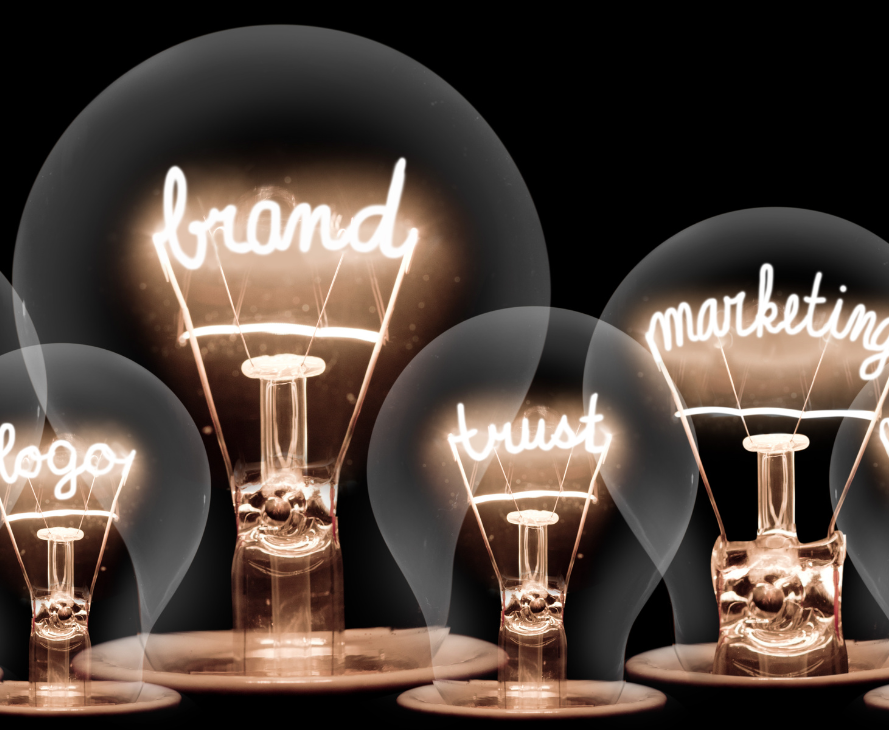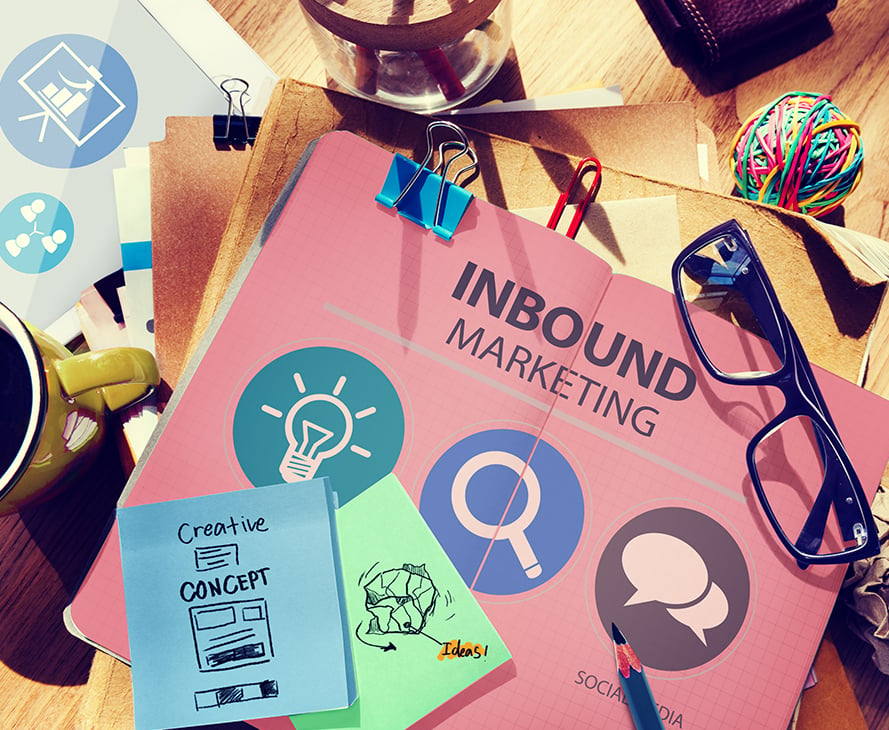Our Blogs

Blog
UNLOCKING BUSINESS GROWTH: EFFECTIVE LEAD GENERATION STRATEGIES FOR MANUFACTURERS
by Imaginasium
Read More
UNLOCKING BUSINESS GROWTH: EFFECTIVE LEAD GENERATION STRATEGIES FOR MANUFACTURERS
by Imaginasium
Read More

.png)

.jpg)
.png)

.jpg)



Blog
Recruit Better People in a Digital World: 6 Ways Manufacturers Can Win Great Employees
by Imaginasium
Read More
Recruit Better People in a Digital World: 6 Ways Manufacturers Can Win Great Employees
by Imaginasium
Read More



Blog
12 Employee Retention Strategies You Need Right Now to Delight Employees and Reduce Turnover
by Imaginasium
Read More
12 Employee Retention Strategies You Need Right Now to Delight Employees and Reduce Turnover
by Imaginasium
Read More

Blog
11 Strategic Steps to Stop the‘Good Idea Fairy’ from Derailing Your Marketing Plan
by Imaginasium
Read More
11 Strategic Steps to Stop the‘Good Idea Fairy’ from Derailing Your Marketing Plan
by Imaginasium
Read More

Blog
9 Tips, Trends and Ideas for a Winning Manufacturing Marketing Strategy
by Imaginasium
Read More
9 Tips, Trends and Ideas for a Winning Manufacturing Marketing Strategy
by Imaginasium
Read More
